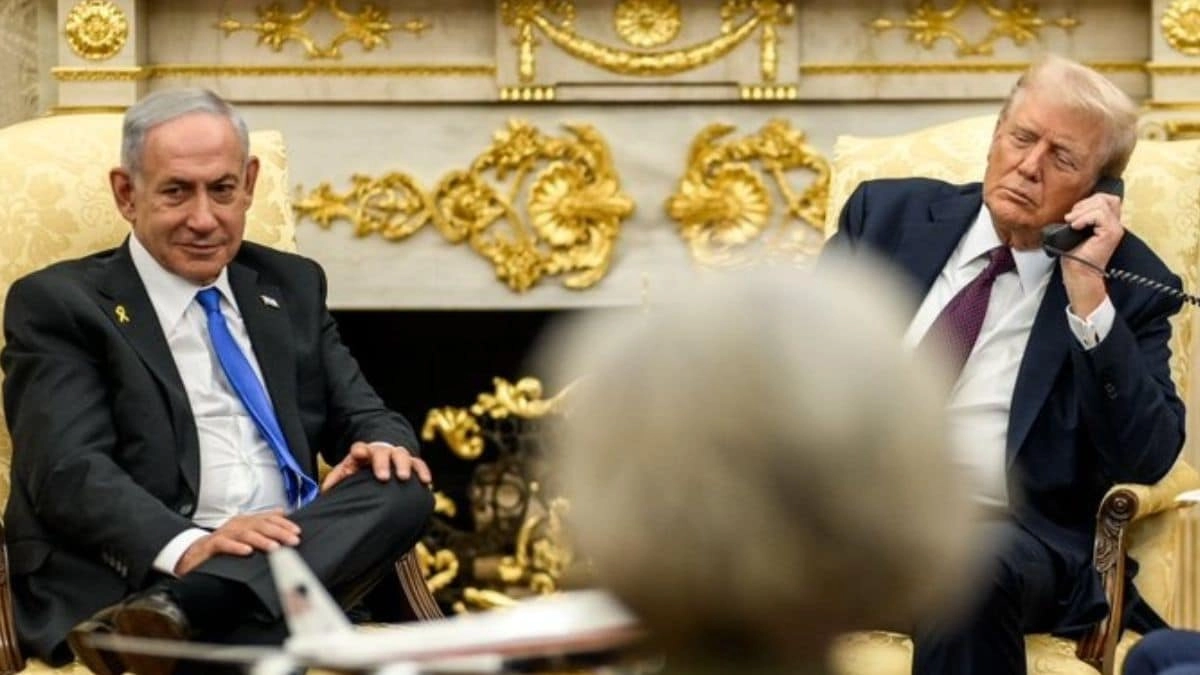Israeli Prime Minister Benjamin Netanyahu recently reached out to Qatari leadership from the White House to express his apologies regarding a recent attack that had implications for Doha. This unexpected diplomatic move underscores the complex and often volatile relationships in the Middle East, where actions taken by one nation can have immediate repercussions for its neighbors. By making this call, Netanyahu aimed to address any misunderstandings and reaffirm the importance of maintaining communication channels between Israel and Qatar, particularly in times of heightened tension.
The backdrop of this diplomatic outreach is framed by ongoing regional conflicts that have tested the stability of relationships among Middle Eastern countries. Qatar has often played a mediating role in various disputes, and its relationship with Israel is particularly significant given the broader context of Arab-Israeli relations. Netanyahu’s apology can be seen as an effort to mitigate any fallout from the attack and to ensure that Qatar’s role as a mediator and supporter of peace initiatives remains intact. This gesture may also reflect a broader strategy to foster alliances and minimize hostilities in a region marked by unrest.
Furthermore, the call highlights the nuanced dynamics at play, where even slight missteps can escalate tensions. Netanyahu’s actions may be interpreted as an acknowledgment of Qatar’s influence and importance in the regional landscape. It serves as a reminder that diplomatic relations often require delicate balancing acts, especially when military actions are involved. By addressing the issue directly with Qatari officials, Netanyahu is not only attempting to smooth over any potential rifts but also signaling to other nations the importance of dialogue in resolving conflicts.
In an era where communication can easily be misconstrued, such diplomatic efforts are crucial for preventing misunderstandings that could lead to further escalation. The incident has drawn attention to the critical role of diplomacy in international relations, particularly in a region that has historically been fraught with tension and conflict. As nations navigate their relationships in this complex web of alliances and enmities, gestures like Netanyahu’s apology may pave the way for more constructive dialogue and collaboration in addressing shared challenges.




